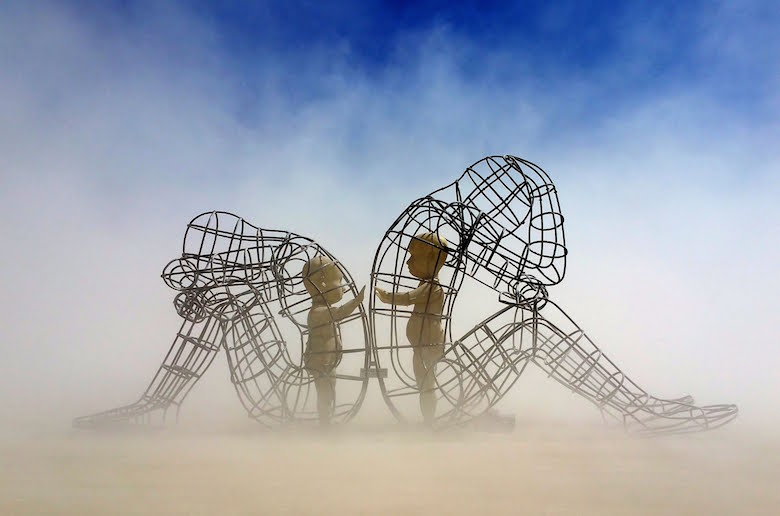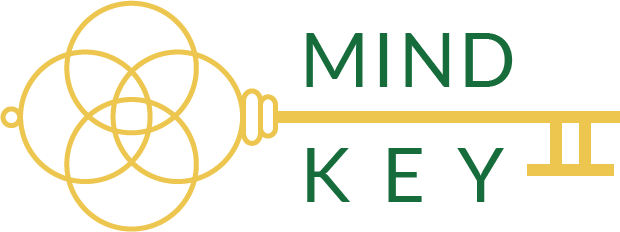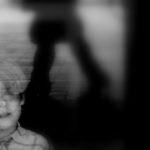
Heal the wounds of youth through romantic relationships
Falling in love means devoting energy into what another person is thinking or feeling. Research indicates that the childhood attachment style we develop have a lasting effect on our adult romantic relationships.
Intimate partners often resemble either, or both parents in a variety of ways. Childhood experiences, whether positive or negative, impact the attachments formed in adult relationships, as discussed in a 2005 study published in the journal of Attachment and Human Development.
How childhood relationships affect intimacy as an adult
According to the Center for Disease Control, 40-50% of first marriages end in divorce, meaning that few children witness healthy relationships and conflict resolution, leading many to fall into the same conditioned habits and behaviors of their parents.
According to a review published by R. Chris Fraley of the University of Illinois, attachment theory suggests there are two ways people differ in how they think about relationships. People who experience high attachment-related anxiety tend to stress over whether their partners really love them, and fear rejection. On the other hand, those with low attachment anxiety are less worried about rejection and abandonment.
Different attachment styles
Relationships can also be viewed differently depending on how much an individual avoids closeness. In his review, Fraley found that those who score high in attachment-related avoidance are less comfortable depending on others and opening up to others.

Depending on where you fall across the spectrum, you may have an avoidant or anxious approach to relationships. Image by University of Illinois
This provides four different types of attachment styles–secure, anxious-preoccupied, dismissive-avoidant, and fearful-avoidant.
A 1990 study published in Journal of Personality and Social Psychology asked undergraduates to answer questions about love, self-esteem, attachment styles, and beliefs about relationships. Securely attached individuals reported generally positive perceptions of their early family experiences. Those who ranged “fearful-avoidant” were likely to report childhood separation from their mother and a general mistrust of others.
Those who were generally anxious, but ambivalent when it comes to relationships (dismissive-avoidant), were less likely than fearful-avoidants to see their father as supportive, and reported a lack of independence and a desire for deep commitment in relationships.
Understanding attachment style to heal the wounds of youth
Results also showed that attachment style was strongly related to self-esteem. Society stresses finding self-worth from within, but at the same time focusing on finding a soulmate as one of the indicators of adult life success. As very young children, humans learn to depend on parental approval for survival, and unfortunately, this doesn’t disappear with age.
Discovering your own attachment style can aid in understanding how you relate to others within intimate relationships.
Mark Brady, Ph.D., author of “How Parents Screw Us Up (Without Really Meaning to)” writes that children and adult brains are both constantly questioning the support of those closest to them, parents or lovers. When they feel supported, children feel they can trust their parents to love them adequately. The same applies in order for adults to feel safe and secure in intimate relationships.
Someone with a fearful-avoidant or preoccupied attachment style may seek reassurance that their loved one is truly there for them. They may run away just far enough to see if their partners will come chasing after them.
For example, say an individual has a fear of abandonment. Because of this, he or she may attract someone who has the opposite issue–someone who is afraid of being smothered or losing themselves in a relationship. The preoccupied type who fears abandonment will see their partner’s attempts at independence as signs that they want to leave. Consequently, they will begin to act more needy. This causes the other partner to pull away and act in a more dismissing-avoidant manner in order to preserve their sense of self.
The only way to change unconscious behavior is through awareness. When you start to heal certain aspects of yourself, you stop attracting the wrong people and ultimately make room for more pure love.
Want to learn how your own attachment style may be affecting your romantic relationships? Check out this quiz to see what type best fits your dating habits.



 our inner child seeks love and acceptance, but we must find it from within, first
our inner child seeks love and acceptance, but we must find it from within, first  our inner child seeks love and acceptance, but we must find it from within, first
our inner child seeks love and acceptance, but we must find it from within, first